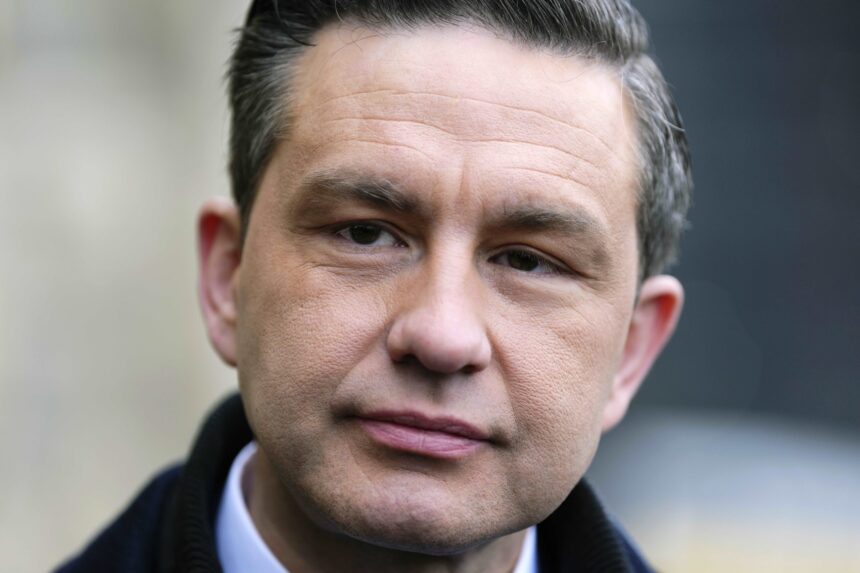In a surprising shift that has caught Ottawa observers off guard, Conservative Leader Pierre Poilievre extended an olive branch to his political rivals yesterday, signaling what could be a new era of parliamentary cooperation as the House of Commons prepares to reconvene next week.
“When they are right, we’ll stand with them,” Poilievre declared during a press conference at the National Press Theatre, referring to the Liberal government’s policies. The statement marks a notable departure from the combative rhetoric that has characterized much of his leadership tenure.
Political analysts suggest this conciliatory approach comes at a strategic moment, as recent polling from Abacus Data indicates the Conservatives have maintained their lead over the Liberals, but with narrowing margins in key battleground ridings across Ontario and Quebec.
“The timing isn’t accidental,” explains Dr. Melissa Thompson, professor of political science at Carleton University. “With economic concerns dominating voter priorities and parliament resuming after the spring break, Poilievre appears to be positioning himself as a constructive opposition leader rather than merely an antagonist.”
The Conservative leader specifically identified areas where bipartisan cooperation might be possible, including tackling housing affordability, addressing inflation, and streamlining immigration systems. However, he maintained firm opposition to the carbon pricing mechanism, which remains a central policy difference between the major parties.
“We can disagree without being disagreeable,” Poilievre noted, though he quickly added that his party would continue to hold the government accountable for what he termed “failed economic policies.”
Prime Minister Justin Trudeau responded cautiously to this apparent shift in tone, telling reporters at a Canada News event that he “welcomes constructive opposition” but questioned whether the new approach would translate into meaningful collaboration in the House.
Parliamentary insiders note that Poilievre’s tactical adjustment comes after internal Conservative caucus discussions about broadening their appeal beyond their base. With an election potentially looming within 18 months, the party appears eager to demonstrate their governmental readiness.
NDP Leader Jagmeet Singh expressed skepticism about the Conservative leader’s sincerity. “We’ve heard conciliatory words before, only to see them evaporate once cameras stop rolling,” Singh said during a labor union address in Vancouver. “Canadians need more than just temporary pleasantries.”
Recent CO24 Politics analysis indicates that Poilievre’s approval ratings have improved moderately among moderate voters and women – demographics where Conservatives have traditionally struggled. This shift in tone may represent an effort to solidify these gains.
Parliamentary observers will be watching closely when the House resumes next week to see if this new approach manifests in floor debates and committee work, or whether it remains merely rhetoric. The spring session is expected to focus heavily on economic measures as Canada navigates persistent inflation and housing challenges.
As parliament prepares to tackle these pressing national issues, the question remains: does this conciliatory tone represent a genuine strategic shift for Poilievre and the Conservatives, or is it simply a temporary tactical adjustment in the ongoing political chess match on Parliament Hill?























